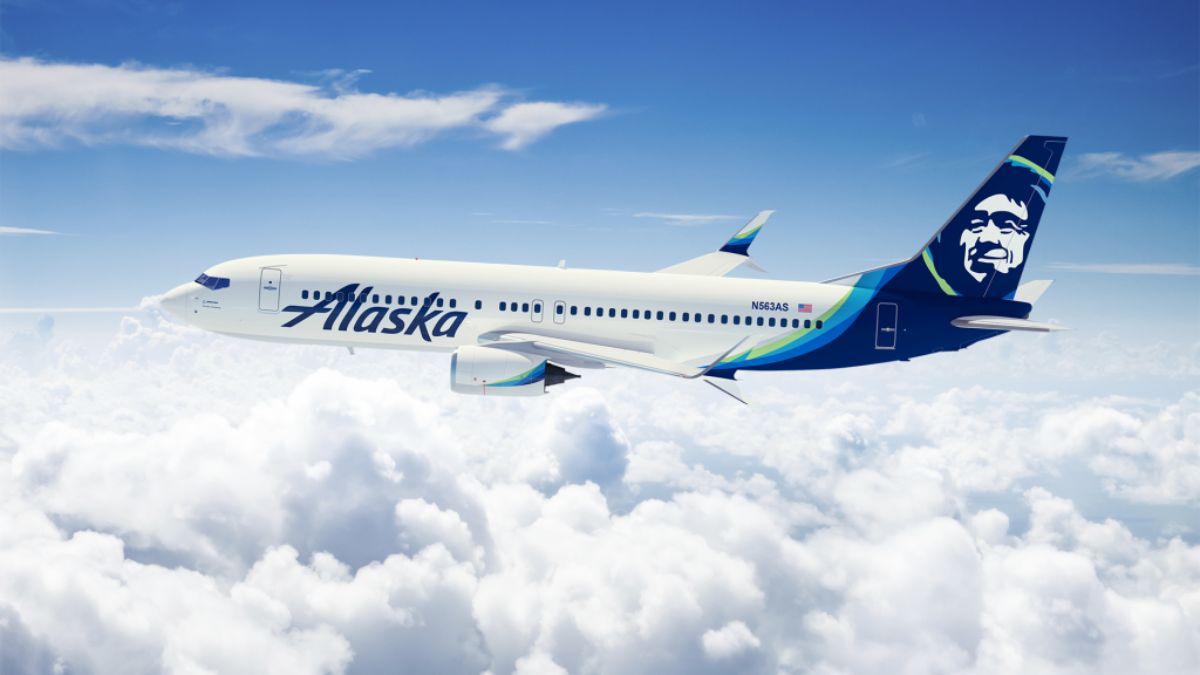In a recent announcement, Alaska Airlines disclosed that the weeks-long grounding of the Boeing 737 Max 9 will result in a staggering cost of $150 million for the carrier. The Federal Aviation Administration (FAA) had imposed the grounding just a day after an alarming incident on January 5, where a door plug blew out during an Alaska Airlines flight. Despite the gravity of the situation, no fatalities or injuries were reported.
Late on Wednesday, the FAA granted approval for inspection instructions that would pave the way for the affected Boeing 737 Max 9 aircraft to return to service. Alaska Airlines promptly revealed its plans to resume Max 9 flights as early as Friday, with a gradual return to service expected through early February.
Both Alaska and United Airlines, the only two U.S. carriers operating the Max 9s, reported discovering loose bolts on several planes during preliminary inspections shortly after the door plug incident. These findings led to increased scrutiny on Boeing’s quality control processes.
Alaska Airlines, on Thursday, projected full-year adjusted earnings per share between $3 and $5, incorporating the significant financial impact from the Max grounding. Analysts, previously predicting adjusted earnings of $4.93 a share on average, now face a revised outlook due to the unforeseen challenges.
Prior to the grounding, Alaska Airlines had anticipated a growth in capacity ranging from 3% to 5% for the year. However, the airline now acknowledges that, “given the grounding, and the potential for future delivery delays, the Company expects capacity growth to be at or below the lower end of this range.”
Despite the financial setback, Alaska Airlines’ shares rose by more than 4% on Thursday, signaling investor confidence in the airline’s ability to navigate through the challenges posed by the Max 9 grounding.
During an earnings call on Thursday, Alaska’s CFO, Shane Tackett, stated, “while we fully expect to be made whole for the profit impact of the grounding, we do not have details to share today on that process, nor have we incorporated this into our guidance.” The frustration and disappointment with Boeing were echoed by Alaska CEO Ben Minicucci, who expressed anger over the incident during an interview with NBC News earlier in the week.
The impairment disclosure regarding the $150 million cost coincided with Alaska Airlines’ fourth-quarter earnings report, marking a challenging period for the carrier as it navigates the aftermath of the Max 9 grounding and works towards resuming normal operations.


